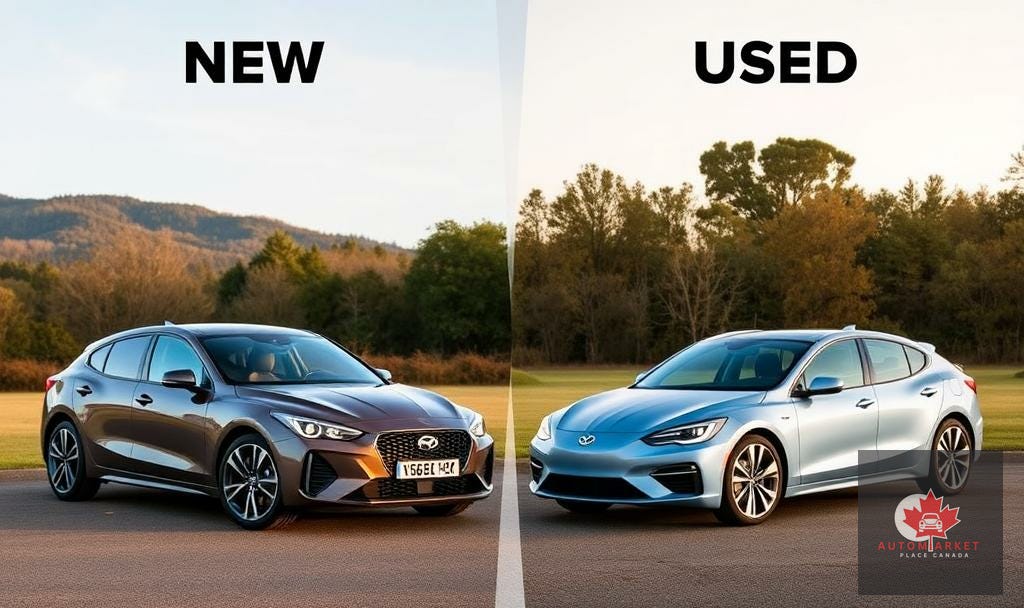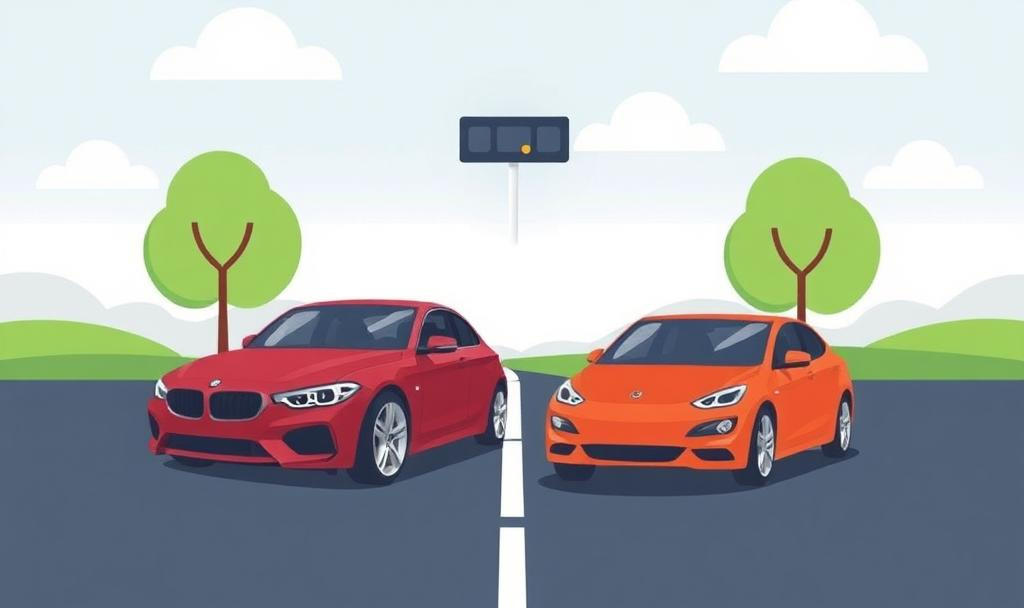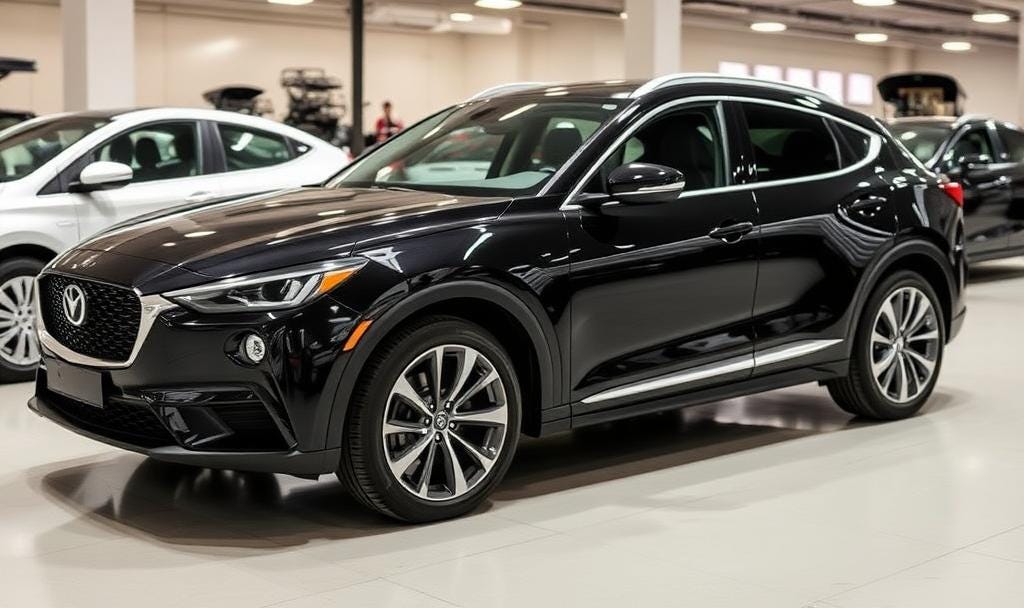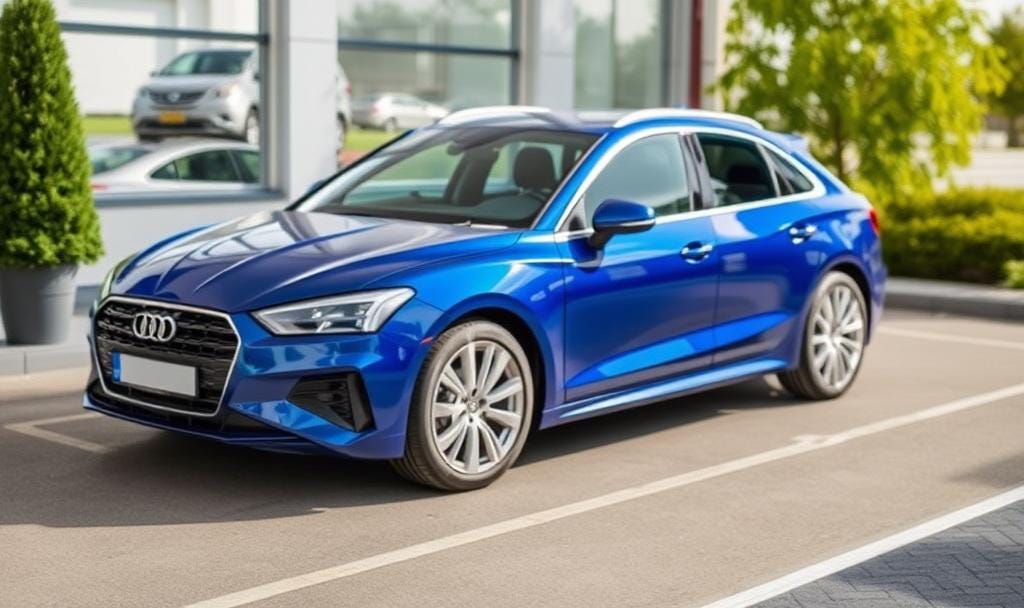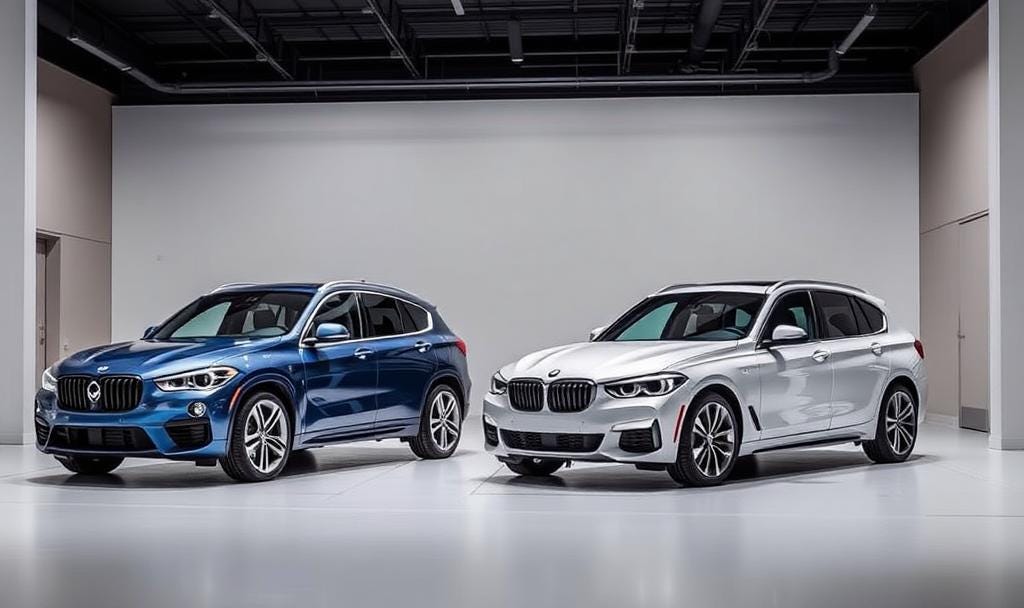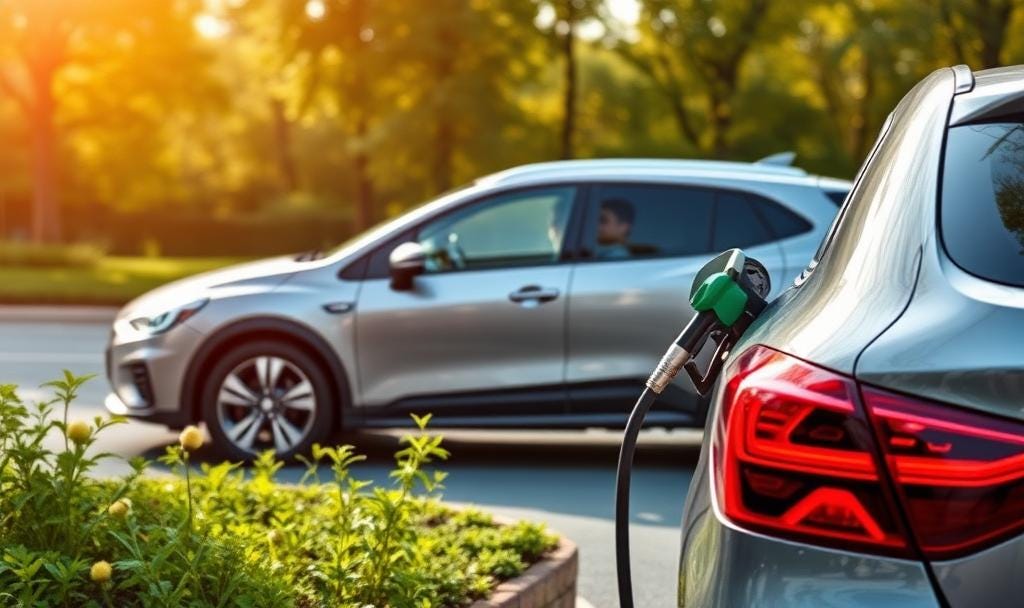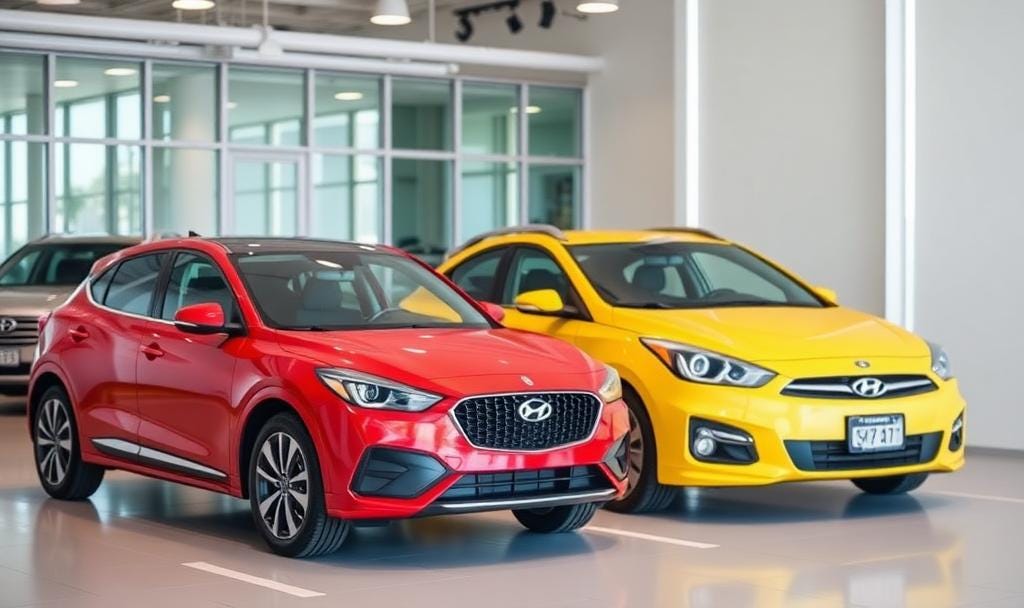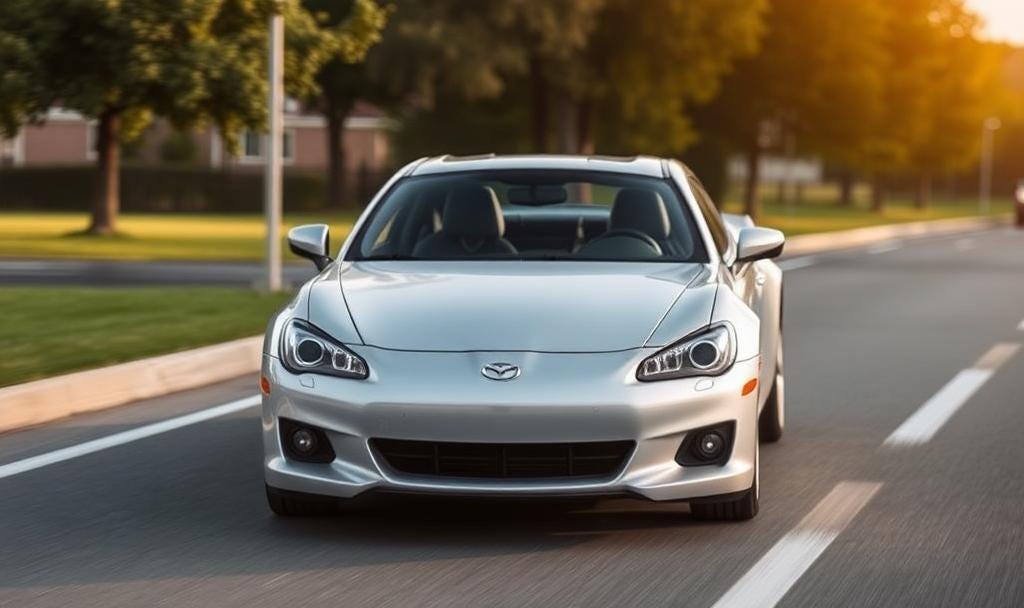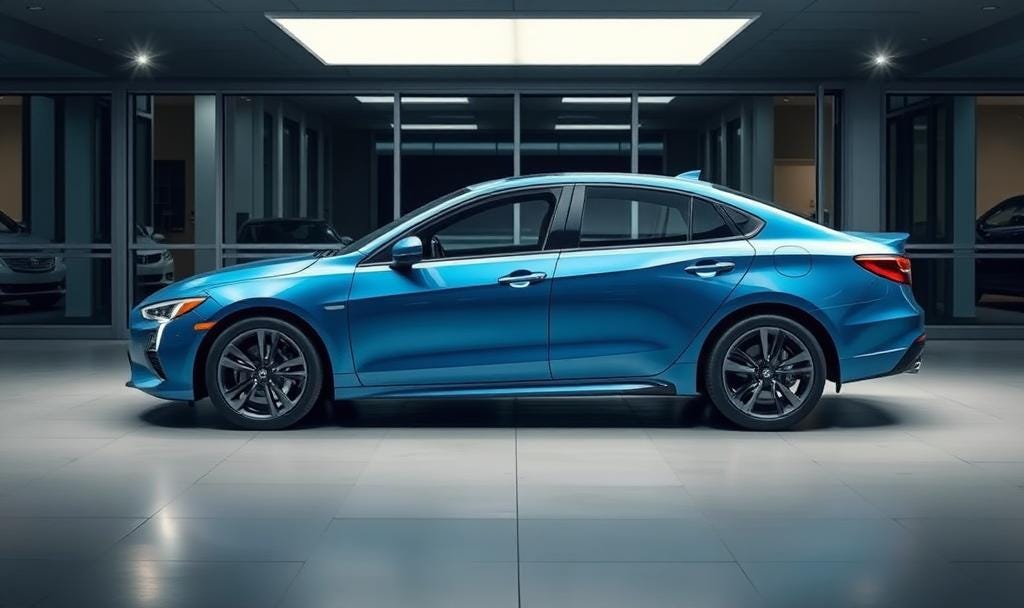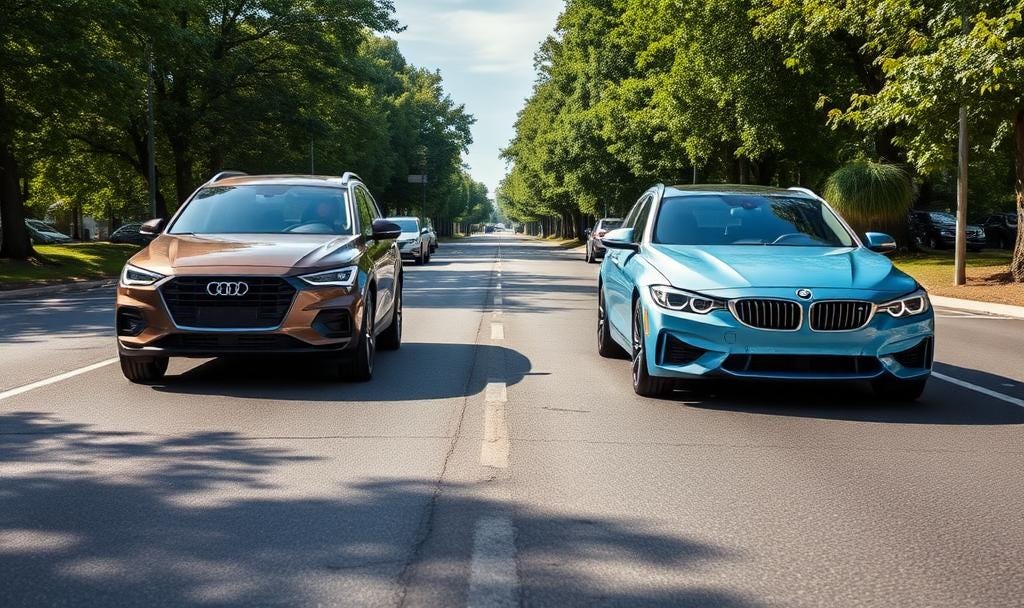New vs. Used Cars: Which Is Right for You? A Comprehensive Guide
Making the Best Choice for Your Budget, Lifestyle, and Driving Needs
When it comes to buying a car, one of the biggest decisions you’ll face is whether to purchase a new car or a used car. Both options have their advantages and disadvantages, and the right choice depends on your budget, lifestyle, and driving needs. In this guide, we’ll explore the pros and cons of new and used cars, helping you make an informed decision. Whether you’re a first-time buyer, a car enthusiast, or someone looking to upgrade, this article will provide the insights you need to choose the right vehicle for you.
1. The Financial Perspective: Cost Comparison
One of the most significant factors in the new vs. used car debate is cost. Let’s break down the financial aspects of each option:
New Cars:
Higher Purchase Price: New cars come with a higher upfront cost due to their latest features, technology, and warranties.
Depreciation: New cars lose value quickly, often depreciating by 20-30% in the first year and up to 50% within three years.
Financing Options: New cars often come with lower interest rates and attractive financing deals from dealerships.
Warranty Coverage: New cars are covered by a manufacturer’s warranty, which can save you money on repairs in the early years.
Used Cars:
Lower Purchase Price: Used cars are significantly cheaper than their new counterparts, offering better value for budget-conscious buyers.
Slower Depreciation: Used cars depreciate at a slower rate, meaning you’ll lose less money over time.
Higher Interest Rates: Financing a used car may come with higher interest rates, depending on the lender.
Limited Warranty: Used cars may have limited or no warranty coverage, though certified pre-owned (CPO) vehicles often include extended warranties.
Pro Tip: Use online tools to compare the total cost of ownership (TCO) for new and used cars, including purchase price, depreciation, insurance, and maintenance.
2. Depreciation: The Hidden Cost of New Cars
Depreciation is one of the most significant expenses associated with owning a new car. Here’s how it impacts your decision:
New Cars: As mentioned, new cars lose value rapidly in the first few years. This means you could end up owing more on your car loan than the car is worth, a situation known as being “upside down” on your loan.
Used Cars: Used cars have already experienced the steepest part of their depreciation curve. By purchasing a used car, you avoid the initial depreciation hit, making it a more financially sound choice.
Pro Tip: If you’re considering a new car, choose a model known for holding its value well over time.
3. Warranty and Maintenance: Peace of Mind vs. Potential Costs
Warranty coverage and maintenance costs are critical factors to consider when choosing between a new and used car.
New Cars:
Comprehensive Warranty: New cars come with a manufacturer’s warranty that typically covers repairs and maintenance for the first few years or a certain number of kilometers.
Lower Maintenance Costs: New cars are less likely to require major repairs in the early years, reducing maintenance costs.
Used Cars:
Limited Warranty: Used cars may not come with a warranty, though CPO vehicles often include extended coverage.
Higher Maintenance Costs: Older cars are more likely to need repairs and maintenance, which can add up over time.
Pro Tip: If you’re buying a used car, consider purchasing an extended warranty or setting aside a maintenance budget to cover potential repairs.
4. Technology and Features: Staying Up-to-Date
New cars often come equipped with the latest technology and features, while used cars may lack some of these advancements.
New Cars:
Latest Technology: New cars offer cutting-edge features such as advanced safety systems, infotainment systems, and fuel-efficient engines.
Customization: When buying new, you can often customize the car to your preferences, choosing the color, trim, and optional features.
Used Cars:
Older Technology: Used cars may lack the latest tech, though many models from recent years still offer modern features.
Cost Savings: You can often find used cars with high-end features at a fraction of the cost of a new car.
Pro Tip: If having the latest technology is important to you, consider a used car that’s only a few years old. It will still have many modern features but at a lower price.
5. Fuel Efficiency and Environmental Impact
Fuel efficiency and environmental impact are increasingly important considerations for car buyers.
New Cars:
Better Fuel Efficiency: New cars often have more fuel-efficient engines and hybrid or electric options, reducing your fuel costs and environmental impact.
Eco-Friendly Options: Many new cars are designed with sustainability in mind, offering lower emissions and better fuel economy.
Used Cars:
Lower Fuel Efficiency: Older cars may not be as fuel-efficient as newer models, leading to higher fuel costs.
Environmental Impact: Used cars, especially older models, may have higher emissions and a larger environmental footprint.
Pro Tip: If fuel efficiency and environmental impact are priorities, consider a used hybrid or electric vehicle. These options offer many of the benefits of new cars at a lower price.
6. Insurance Costs: New vs. Used
Insurance is another important factor to consider when choosing between a new and used car.
New Cars:
Higher Insurance Premiums: New cars are more expensive to insure due to their higher value and repair costs.
Comprehensive Coverage: Lenders often require comprehensive coverage for new cars, adding to the cost.
Used Cars:
Lower Insurance Premiums: Used cars are generally cheaper to insure, especially if they’re older and have a lower value.
Flexible Coverage: You may have more flexibility in choosing your insurance coverage for a used car.
Pro Tip: Get insurance quotes for both new and used cars before making a decision to understand the potential costs.
7. Emotional Factors: The Joy of Owning a New Car
While financial and practical considerations are important, emotional factors can also play a role in your decision.
New Cars:
Pride of Ownership: There’s a certain pride and excitement that comes with owning a brand-new car.
Customization: You can choose the exact make, model, and features you want, creating a car that’s uniquely yours.
Used Cars:
Value for Money: Many buyers feel a sense of satisfaction knowing they got a great deal on a used car.
Variety: The used car market offers a wide range of options, allowing you to find a car that fits your style and budget.
Pro Tip: Consider your emotional attachment to the car and how it aligns with your financial goals.
8. Resale Value: Planning for the Future
If you plan to sell your car in the future, resale value is an important consideration.
New Cars:
Lower Resale Value: New cars depreciate quickly, meaning you’ll get less money when you sell.
Easier to Sell: Newer cars are often easier to sell, as they’re in demand and come with the latest features.
Used Cars:
Higher Resale Value: Used cars depreciate more slowly, so you’re likely to get a better return on your investment.
Market Demand: Some used cars, especially popular models, hold their value well and are in high demand.
Pro Tip: Research the resale value of the specific make and model you’re considering to understand its long-term value.
9. Certified Pre-Owned (CPO) Cars: The Best of Both Worlds
If you’re torn between new and used, a certified pre-owned (CPO) car might be the perfect compromise. CPO cars are used vehicles that have been inspected, reconditioned, and certified by the manufacturer or dealership. They often come with extended warranties and other benefits, offering many of the advantages of a new car at a lower price.
Pro Tip: Explore CPO programs from different manufacturers to find a car that meets your needs and budget.
10. Making the Decision: New vs. Used
Ultimately, the decision between a new and used car comes down to your personal preferences, budget, and driving needs. Here’s a quick summary to help you decide:
Choose a New Car If:
You want the latest technology and features.
You prioritize warranty coverage and lower maintenance costs.
You’re willing to pay a premium for the pride of owning a new car.
Choose a Used Car If:
You’re looking for better value and lower upfront costs.
You’re comfortable with potentially higher maintenance costs.
You want to avoid the rapid depreciation of a new car.
Pro Tip: Take your time to weigh the pros and cons of each option, and don’t hesitate to seek advice from trusted sources.
Conclusion
The choice between a new and used car is a personal one that depends on your financial situation, lifestyle, and priorities. By considering the factors outlined in this guide, you can make an informed decision that aligns with your needs and budget. Whether you choose a brand-new model or a reliable used car, the key is to do your research and choose a vehicle that you’ll be happy with for years to come.
For a wide selection of new and used cars, trucks, and motorcycles, visit AutoMarketplaceCanada.com to explore your options and find the perfect vehicle for your needs.


